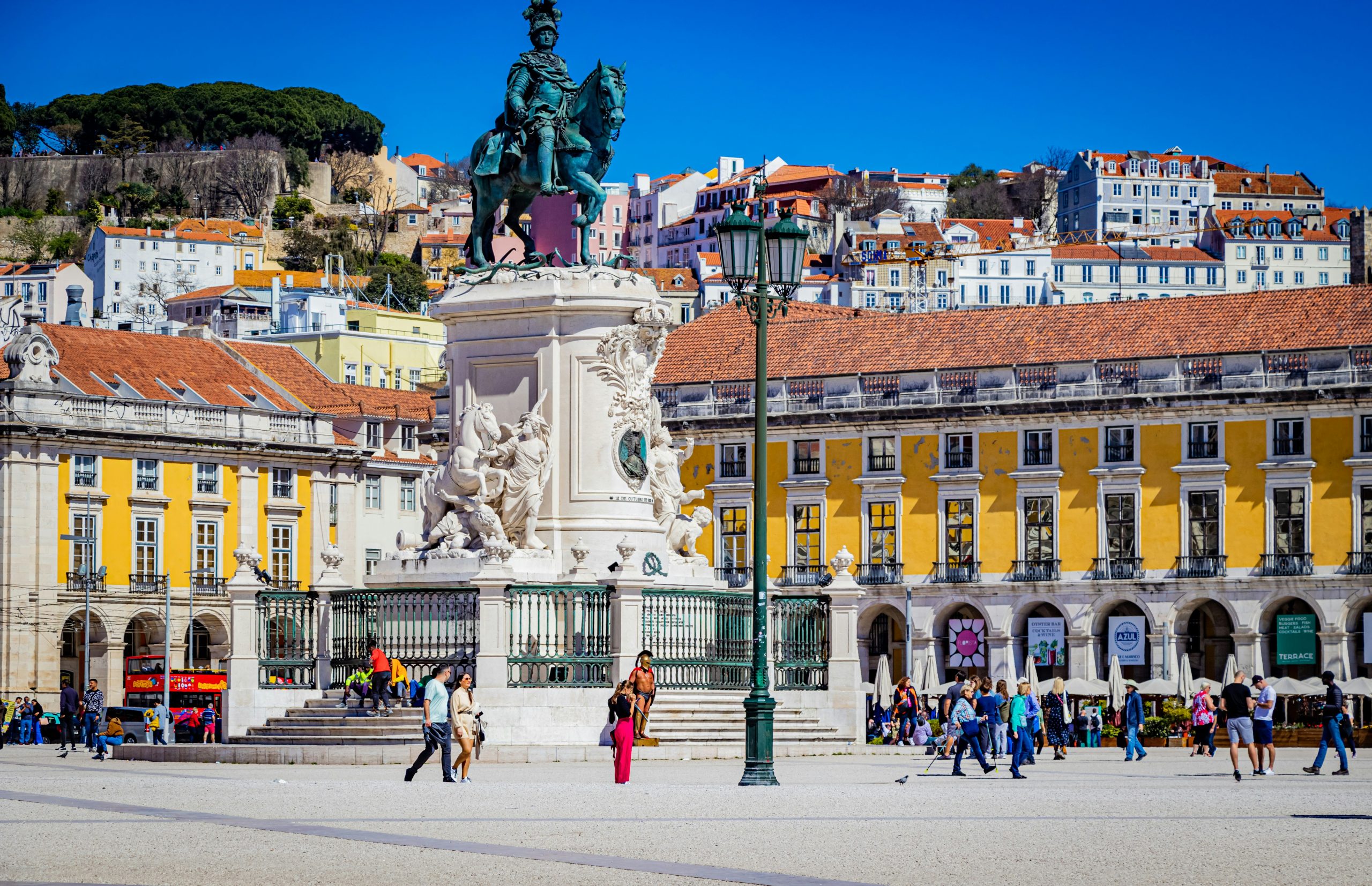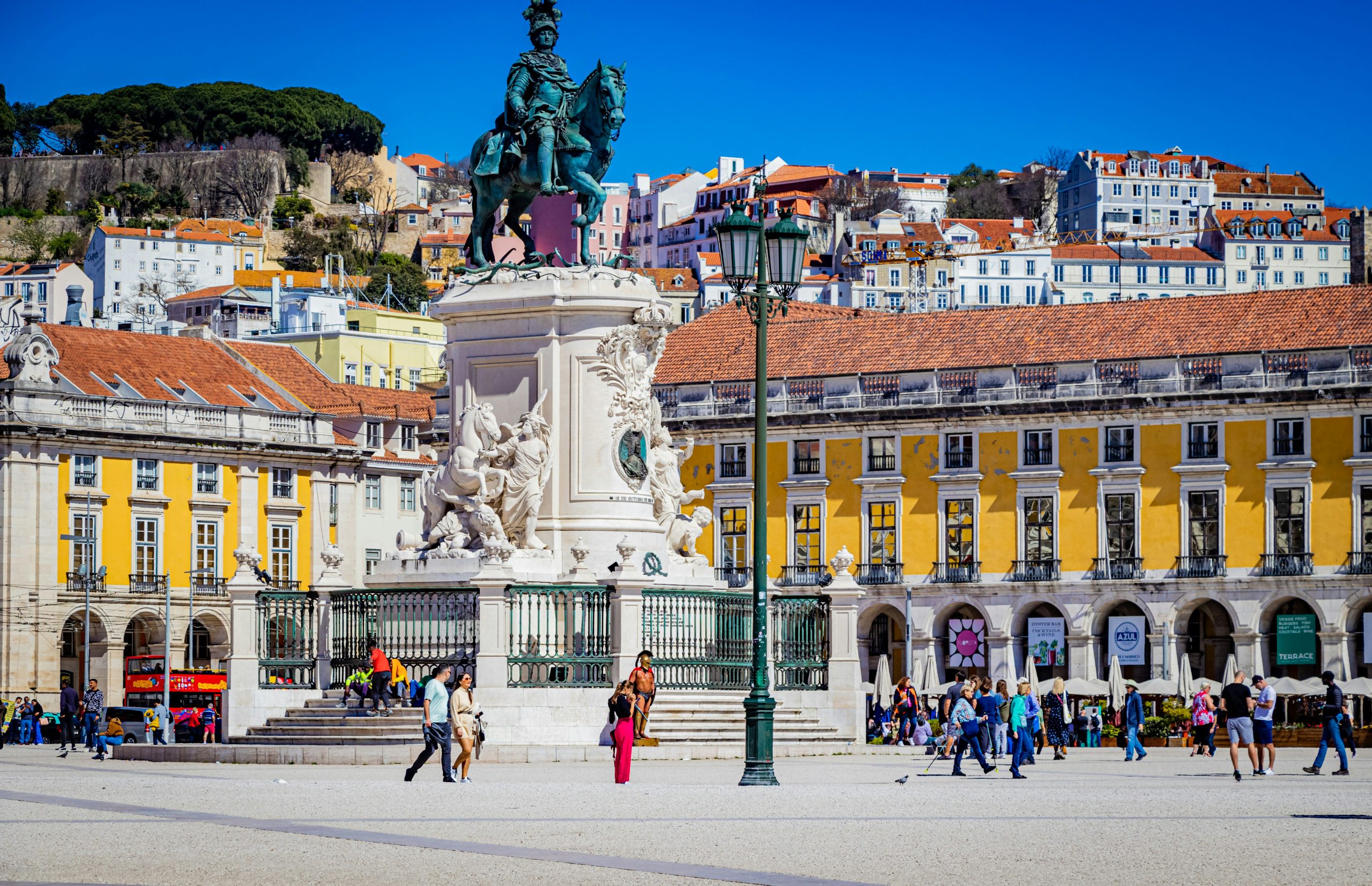The Evolution of Global Diversification Strategies
For decades, high-net-worth individuals and family offices have leveraged a Seven Flag Strategy to structure their wealth and residency across multiple jurisdictions. Originally designed to enhance financial security, optimize tax liabilities, and ensure global mobility, this approach emphasized diversifying key aspects of one’s life—including residency, citizenship, banking, business, assets, digital presence, and lifestyle—across different sovereign environments.
But the next decade of global investing demands a more sophisticated approach. The question is no longer just where to plant flags, but how to interconnect jurisdictions in a way that ensures agility, regulatory compliance, and long-term resilience. With tax treaties evolving, transparency protocols tightening, and the investment landscape fragmentation across sectors and regions, strategic investors must recalibrate. Diversification for its own sake is no longer enough—what matters is integration.
Portugal: The Central Pillar of a Modern Diversification Strategy
Among global investment hubs, Portugal has matured into a premier jurisdiction not merely for lifestyle or convenience, but for its legal stability, investment adaptability, and consistent delivery of investor protections. It is increasingly viewed not as a peripheral jurisdiction in a Seven Flag structure, but as a foundational node—capable of anchoring both personal mobility strategies and institutional-grade asset allocations.
Portugal’s Golden Visa regime continues to offer one of the most accessible routes to European Union residency, with a five-year timeline to citizenship and minimal physical presence requirements. While recent legislative reforms have removed real estate and capital transfers from the list of qualifying investments, the structure remains robust. Investors now enter through regulated avenues such as private equity funds, business formation, and cultural endowments. The nature of the program may have changed, but its relevance to globally mobile investors has not diminished—it has simply become more sophisticated.
The broader tax structuring environment in Portugal is also evolving. The original Non-Habitual Resident (NHR) regime was sunset for new applicants in 2024, making way for a more targeted framework—commonly referred to as NHR 2.0. While narrower in scope, the new regime still offers meaningful benefits for qualifying professionals and innovators. For investors, this shift underscores the importance of structuring with intent—using regulated fund vehicles and compliant cross-border strategies to achieve fiscal efficiency within a maturing, but still advantageous, jurisdiction.
A Dynamic Shift in Investment Allocation
Perhaps the most profound transformation in Portugal’s international investment narrative lies in the shift away from bricks-and-mortar dependency. Real estate—while still relevant for lifestyle and legacy purposes—no longer dominates the regulated investment conversation. In its place, private equity and sector-specific alternatives have taken centre stage. Sectors such as renewable energy, healthcare, and agribusiness are now not only viable—they are outperforming in terms of regulatory alignment, ESG appeal, and long-term capital appreciation.
Portugal’s alternative fund market is maturing rapidly. With projections indicating fund assets under management will surpass €7.3 billion by the close of 2024, it’s clear that capital is flowing toward structures that prioritise sustainability, innovation, and downside protection. This marks a shift not only in what investors choose, but in how they define safety, performance, and impact.
The European Gateway for Global Investors
In parallel, Portugal’s role as an access point to the broader EU has become more pronounced. With its efficient business incorporation process, low operating risk, and access to significant European funding—nearly €10 billion allocated in 2025 alone—it stands out as a rare blend of predictability and opportunity. For entrepreneurs, fund managers, and family offices looking to expand or pivot into Europe, Portugal offers both the infrastructure and the policy alignment to do so securely.
In this context, Portugal is not simply another flag in a scattered portfolio—it is a stabilising force in an increasingly volatile international system.
Portugal Panorama: Structuring the Future of Global Investing
At Portugal Panorama, we specialise in helping clients build regulated, future-proof investment strategies within this evolving environment. We offer exclusive access to private equity and alternative investment opportunities aligned with Portugal’s core growth sectors, including healthcare, renewable energy, and sustainable agriculture. Our approach is layered, disciplined, and always aligned with governance-first principles.
Our Golden Visa fund structures are designed not just for qualification, but for long-term value creation. We believe compliance should never come at the cost of performance—and that well-governed capital is resilient capital.
The global investment landscape is evolving, and with it, the strategies required to navigate it successfully. The Seven Flag Strategy , in its original form, served a generation of investors well. But as regulatory frameworks mature and geopolitical realities shift, a new model is emerging—one that prioritizes integration, adaptability, and governance.
Portugal, in this regard, is not a secondary jurisdiction—it is a strategic centre. And for those looking to build lasting, compliant, and agile investment frameworks, it represents a clear path forward.
Learn more about structuring your global investment strategy with Portugal Panorama:





